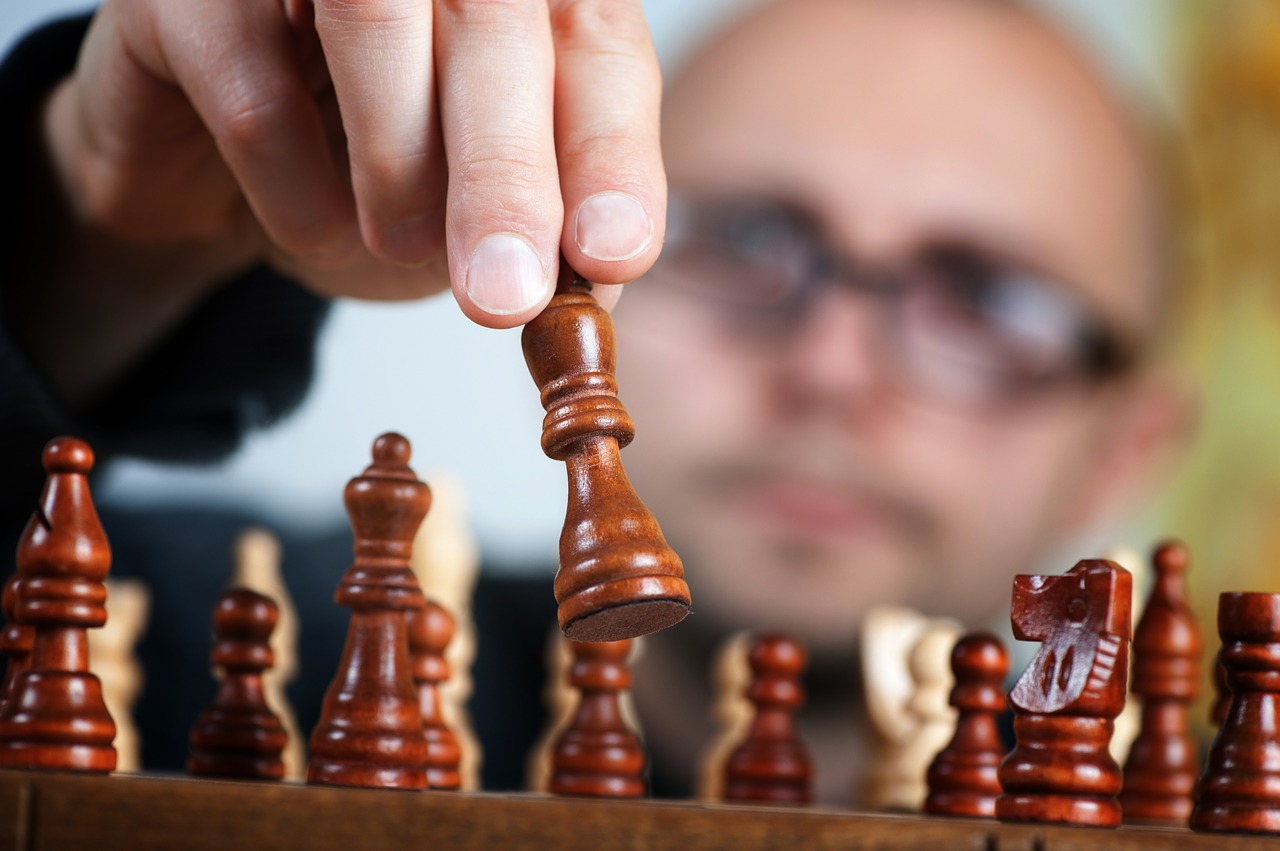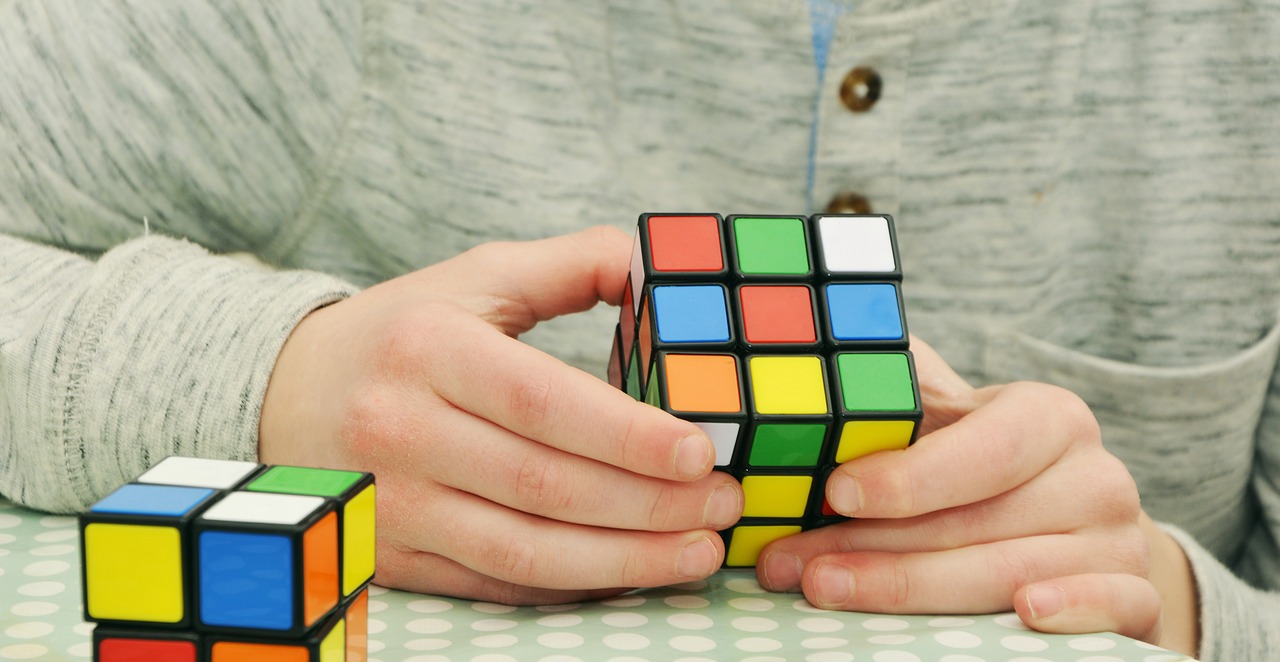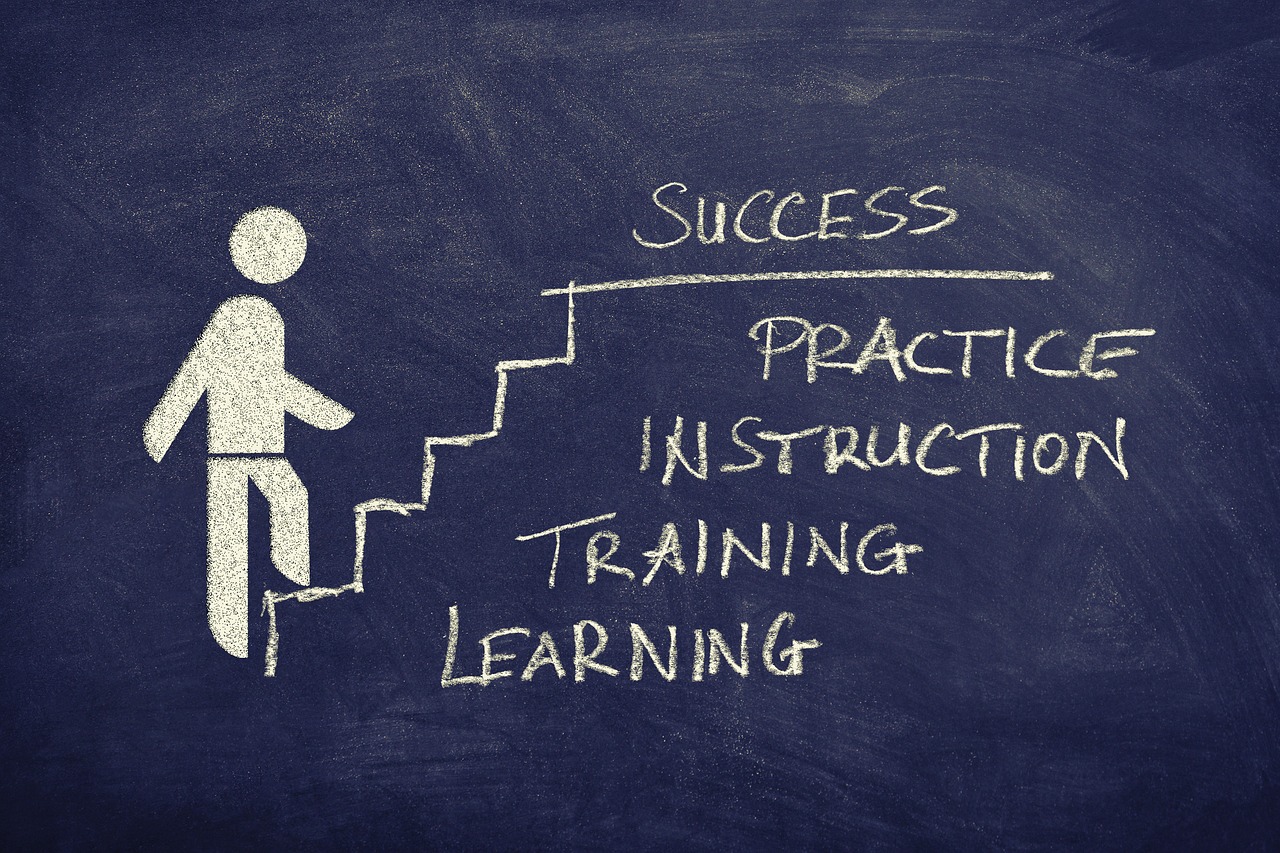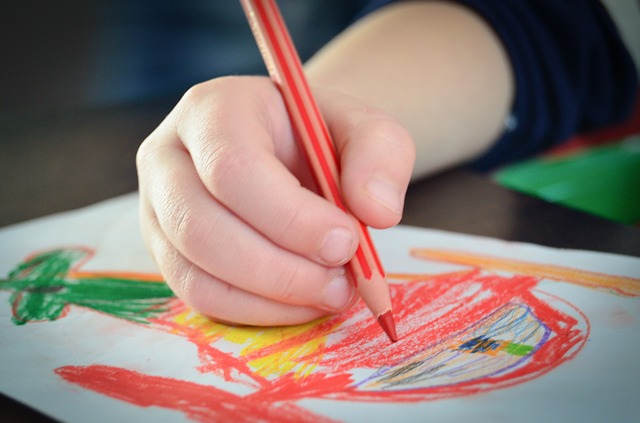“What are hidden talents?” you may ask. Hidden talents are abilities that we have but do not tap into or use often. They can be anything from playing the guitar to knowing how to fix a car engine, and they can all contribute to our success in life if properly applied. In this blog post, we will discuss three ways for you to find out which hidden skills you possess to use them more effectively and improve your overall quality of life.
What are hidden talents and skills?

Hidden talents and skills are unknown or unappreciated traits, abilities, and habits that can be used for personal or professional development. These hidden qualities may include leadership skills, communication ability, cognitive intelligence, creativity in problem-solving.
The term “hidden” signifies the idea that others have not sufficiently recognized these aspects of a person’s life—either out of prejudicial ignorance or because they take achievement for granted.
Why you should look for your hidden talents
There are many hidden talents in your mind. You may not know what they are, but you might want to find out before it becomes too late and regrets later. Think about how much more relevant the world could be if all of us were using our hidden abilities!
The first thing you must do is take a step back from everything that is happening around you to concentrate on finding your talents which will help make sense of things for yourself. To start with, try going somewhere quiet where there’s no noise or people for some time – go outside in nature or into an empty room at home without any electronics and focus on relaxing until ideas come to mind spontaneously. If nothing comes up after a little while, try thinking about your earliest memories, and let yourself explore those thoughts.
Don’t be discouraged if nothing comes up at first – it may take some time to realize what you have hidden in the past that is a talent for now. Suppose you’re still struggling after some more quiet contemplation. In that case, there are other methods of finding out which abilities or talents lie dormant inside us too: make lists noting all the things we’ve done each day over several days; ask our friends and family members who know us well about what they think we might like to do with our lives; talk to people in different jobs that fascinate us yet seem impossible to get into as someone just starting; set aside an hour every night before bedtime.
How to know if you have a hidden talent?
Everyone has hidden skills, but it’s impossible to use these skills if you don’t know where to look for them.
What are the ways I can find my hidden talent? Suppose you are not sure about your hidden talent or even whether you have any at all. In that case, there are several methods through which they might be discovered: You could ask yourself, “what do I really like doing?” and identify with one aspect in particular from among many possibilities. That may indicate what your natural ability is.
Alternatively, try taking up something new those interests or excite you – this often helps us discover our natural abilities more quickly than other approaches because we approach things with fresh energy.
How can you develop these skills?

You can start with small. If you’re not sure what your hidden talents are, start with one skill that comes naturally to you and try it out. For example, if you love baking cakes but don’t know how to draw or play the piano well at all, start making those desserts! Practice can help develop skills in areas where they may have previously been hidden.
Explore leisure activities outside of work and school. Even though tasks like cooking dinner for friends might feel mundane after a long day’s work, these types of things often provide an opportunity for developing hidden talents through fun experimentation – either by trying new techniques or adding different ingredients into dishes (and then maybe taking some pictures and sharing them on social media!). The world is full of opportunities; you have to be open and willing to explore.
Discover hidden talents by looking at what you are good at, not just your weaknesses. This can help identify the type of work that would suit you or activities you enjoy doing, which is often different from what you might consider yourself skilled in. For example, if someone excels at drawing but hates math problems, they may find their skills more useful as graphic designers or illustrators than working on an engineering team where these skills may never get used!
Look for opportunities within your day-to-day life to experiment with new hobbies: take up gardening? Learn how to crochet? Get involved in community theatre groups? Keep track of all the fun ideas that come up.
Ways to use your newfound skill in life
There are some ways that you can use your newfound skill in life; one is by using it for personal satisfaction, another way to use it for the sake of helping other people.
- Use hidden talents for pleasure: In this case, you will get gratification from having a secret talent and doing something without anyone else knowing about what has been done or how well it was done. This form of self-satisfaction usually occurs when someone feels as though they have an unrecognized talent and enjoy showing off their skills in private settings with others unaware of them.
- Helping other individuals with hidden talents: The opposite effect occurs here where someone might want to share their talents only on occasion rather than all the time because there have some ways to use hidden talents for the sake of helping other people.
- Improving hidden skills: If you want to get better at a skill but feel as though it is not something that can be practiced in public, this might be an appropriate way to do so. This will allow you to practice and improve your skills without having others know what they are or how good you have become with them.”
- How do we know if we have hidden talents? Hidden talent typically refers to when someone has a specific skill set that no one else knows about, including hobbies, interests, passions, knowledge sets related to certain topics, and much more. You may also think of these as things like natural artistic abilities or even athletic ability.
Tips on how to improve the skills you already have
There are some inevitable ways and tips to improve our already have skills, such as painting.
- Ask a friend or someone more skilled than you to critique your work and give feedback on how they think you can improve it.
- Experiment with different media (e.g., oil paint vs. watercolor) – If possible, take classes at the local college or art store to learn techniques from other painters.
- Make sure what kind of tools are used, and brush strokes should be considered when trying new methods for creating paintings.
- Work on your skills in other areas such as drawing or sculpting
- Find a support group for artists to learn about new techniques and ideas.
In the end, people must be open-minded with their artistic endeavors and keep practicing to become more skilled in what they are passionate about doing.
The importance of using all of our abilities, even those we’re not good at or don’t think about much (examples from personal experience).

It is important to use all of our abilities, even those we’re not good at or don’t think about much. I’ll share a few examples from my personal experience.
I first learned this lesson when I was in elementary school and would get frustrated because I couldn’t read and my classmates could. My mother told me that it didn’t matter because there were other things that only people with challenges like mine could do (they weren’t very specific). She said stuck with me – even though reading is still difficult for me to do now, if you ask someone who can read fluently, they would say that the more ways one person has of seeing something make them better able to understand it.
This thought became clearer when I joined an improvisation troupe and was taught how to “play-act” a different character. I learned that it’s okay if you don’t always get the joke because there are other ways of being funny, like making up your jokes on the spot. Improvisation made me realize that not every person is expected or able to do things in one way – some people can make their hidden talents known while others have been unknown for so long they forgot what they were good at.
Examples of people who found their hidden talents and used them to improve the world
Some people find great success in hiding their talents. Martin Luther King Jr., for example, was an amazing orator and people-motivator. He used his hidden talent to help desegregate the United States during one of the most tumultuous periods of our history.
Lately, I’ve been reading about how some people’s hidden skills can lead them to a successful career that they feel passionate about:
For instance, Emilio Estevez is just as famous now. He owns restaurants with cookbook author chef Roy Choi because he starred in The Breakfast Club, Stakeout, and other ’80s films. You might say that cooking has become his “hidden” superpower since it isn’t something we can mention as a hidden talent.
I’ve also read that people who are the best at something, even if it’s hidden and they have to be secretive about their skills, tend to stand out in a crowd because of this hidden talent:
For example, Jane Austen was one of her generation’s most celebrated authors, but she never published any novels under her name; rather, she limited herself by publishing her work anonymously or using ‘a nom de plume.’ She didn’t want anyone to know how skilled an author she was. Despite all these precautions, though, her talents were still discovered eventually, which led to great success for both Jane and other female writers from then on.
The importance of a strong work ethic and good habits when trying to build up your skillset
It is very much possible to improve hidden talents through hard work and good habits. The two are crucial when it comes to improving your skillset.
A strong work ethic will help you keep on going even when there is a lack of external motivation or rewards for what you do, which can be very important to grow the hidden talents that have not been discovered yet. Good habits are also important because they shape one’s personality and character over time as well as set up an environment where new things become easier with practice; this means that having positive daily routines like regular exercise, eating healthy food and so forth can lead us towards being generally more confident people who know how to build their happiness from within themselves: “We may never feel fulfilled if we don’t try our skill sets and show them what we can do.”
Concluding thoughts
We’ve covered a lot of ground throughout this blog post, and hopefully, you found it insightful! If there are any questions that I didn’t answer thoroughly enough in the article, please don’t hesitate to ask me for clarification. There’s no such thing as too many questions- we’re all learning together!



